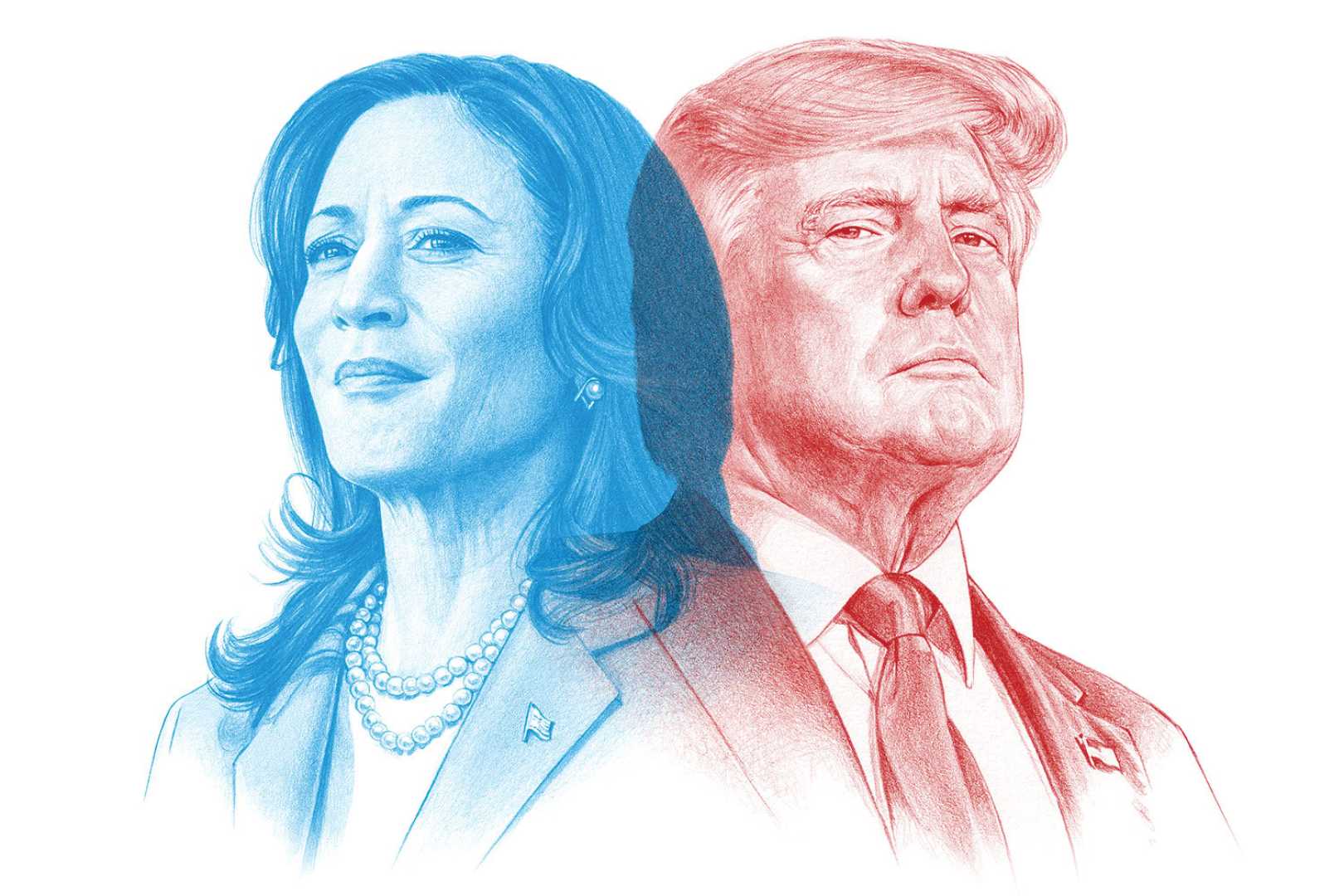Politics
Gender Dynamics Play Central Role in 2024 US Presidential Campaigns

The strategic moves by political figures ahead of the 2024 US elections reflect an emphasis on gender dynamics, with both parties tailoring their messages to different demographic segments. Former President Donald Trump has been making concerted efforts to engage the male electorate through appearances on popular podcasts like those of Theo Von, Lex Fridman, and Andrew Schulz, aiming to solidify support among male voters.
Meanwhile, Kamala Harris, the Democratic candidate, has directed her running mate, Tim Walz, to recover male voters who may be swayed by Trump. Walz has kicked off a tour featuring engagements with figures such as former NFL player Michael Strahan, with discussions that highlighted his background as a high school football coach as preparation for his political career.
Walz has openly criticized the stereotype of football coaches, previously stating he wanted to prove “football coaches are not the dumbest people,” in contrast to Republican Tommy Tuberville. The Democratic campaign’s strategy of engaging male-centric hobbies has, however, attracted criticism for relying on what some perceive as gender bias, echoing tactics often attributed to conservative approaches.
On the grassroots level, Democratic supporters have distributed unapproved messaging in venues like basketball games and bars, encouraging votes for the Harris/Walz ticket, sometimes by implying it should be kept secret from peers. Some messages even suggested supportive behavioral stereotypes, saying a vote for Harris could be appealing to women.
This method of outreach has faced backlash for perpetuating reductive views about male voters. Such campaigns caricature male voters as insensitive or superficial, which critics argue does not empower meaningful or respectful engagement.
In parallel, pro-Harris advertising campaigns have circulated on social media, portraying an image of a ‘reformed masculinity’ that embraces emotional sensitivity and support for women’s empowerment. The ad features male actors extolling personal achievements intertwined with affirmations of supporting women’s rights and opportunities.
The Democratic campaign’s portrayal of male voters, through both informal and formal channels, aims to reshape perceptions of masculinity. However, the approach has met disdain from those skeptical of its effectiveness and sincerity in harnessing male voter support.
The campaign strategy comes amidst a politically charged atmosphere where gender and identity issues are pivotal in influencing public discourse. High-profile debates continue to unfold around the roles of traditional and progressive values in shaping the political landscape.












